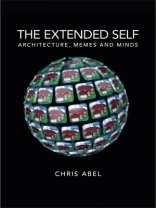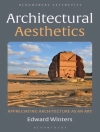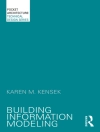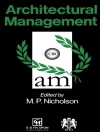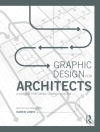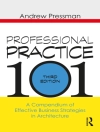In this wide-ranging study of architecture and cultural evolution, the author argues that underlying the global environmental crisis is a general resistance to changing personal and social identities shaped by a technology-based culture and its energy-hungry products. The book traces the roots of that culture to the coevolution of Homo sapiens and technology, from the first use of tools as artificial extensions of the human body, to the motorised cities spreading around the world, whose uncontrolled effects are changing the planet itself.
Advancing a new concept of the meme, called the ‘technical meme’, as the primary agent of cognitive extension and technical embodiment, the author proposes a theory of the ‘extended self’ encompassing material and spatial as well as psychological and social elements.
Drawing upon research from philosophy, psychology and the neurosciences, the book presents a new approach to environmental and cultural studies that will appeal to a broad readership searching for insights into the crisis.
表中的内容
Introduction
PART I
1. The common bond
2. The body nucleus
3. Embodied minds
PART II
4. Technics and the human
5. Rethinking evolution
6. From genes to memes
PART III
7. Types and taxonomies
8. Technical memes and assemblages
9. Combinatorial design
PART IV
10. Recasting the extended self
11. Appropriating cyberspace
Postscript
Bibliography
Index
关于作者
Chris Abel is an independent scholar and member of the International Committee of Architectural Critics (CICA)
